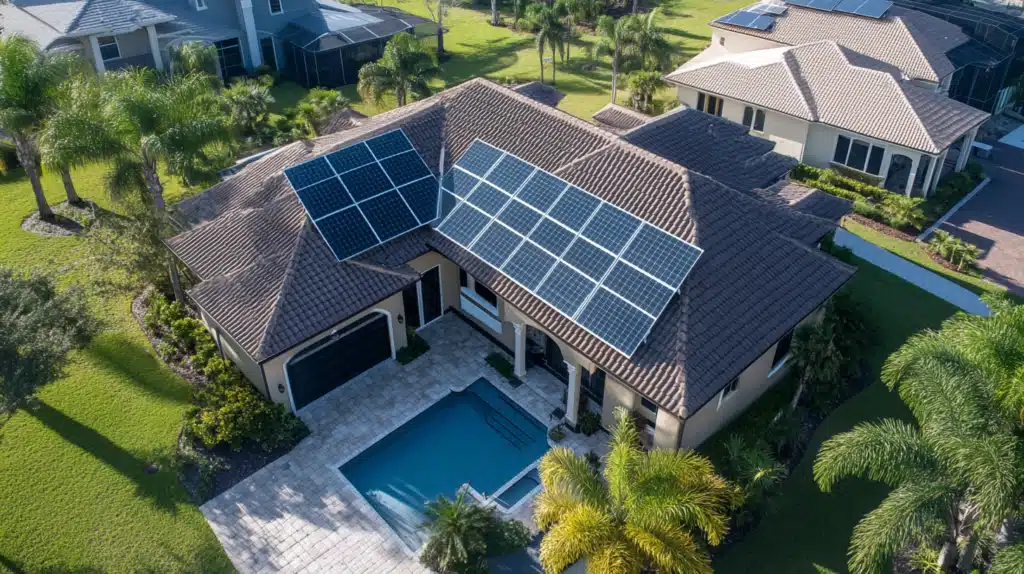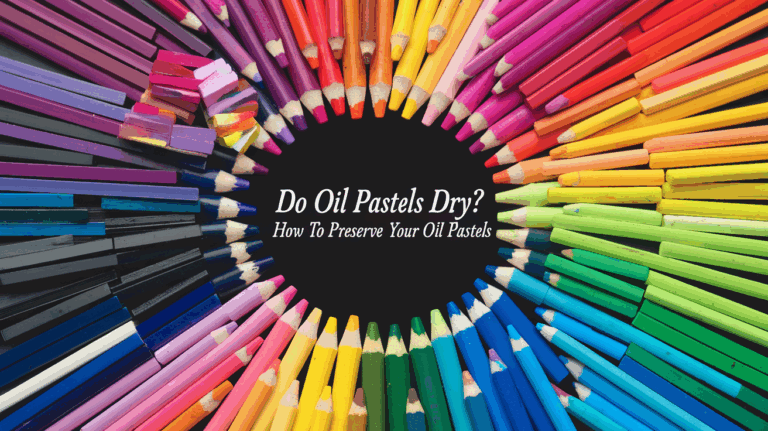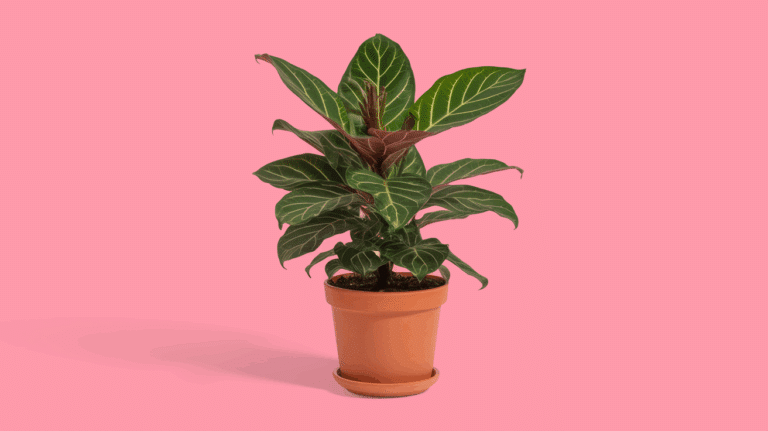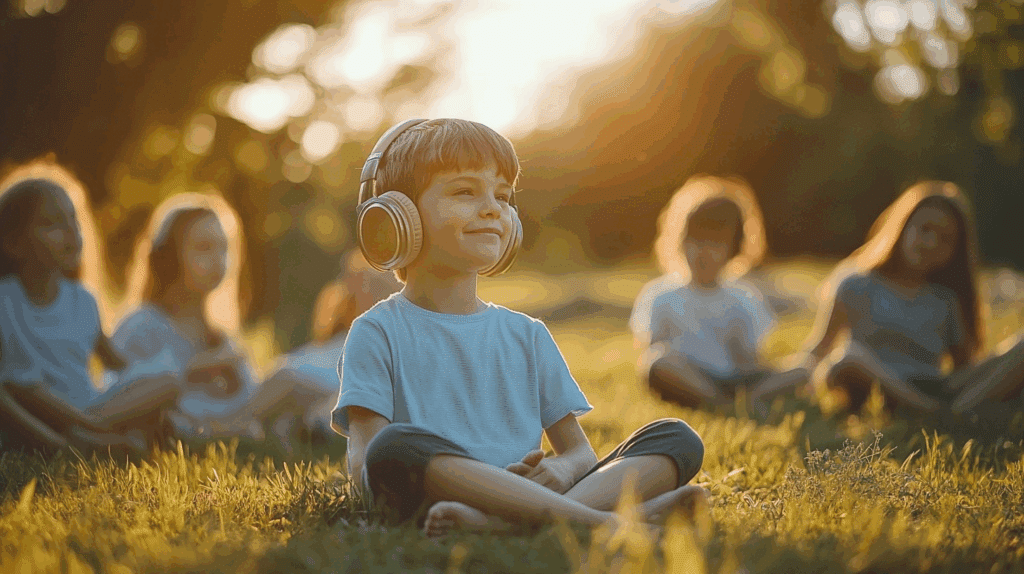Want to install solar panels but are afraid of certain things? In today’s world, we are moving towards renewable energy and investing in clean energy. Solar energy is one of the most significant sources of clean energy and is fast becoming an alternative to fossil fuels.
However, since many people do not have a clear idea about solar energy, they have a lot of misconceptions about it. Here, we will debunk some of the most popular myths about solar panels and elaborate on why they are actually baseless.
Solar Installations Do Not Come With Warranties
One of the most common myths about solar energy is that solar systems do not come with warranties. However, just like inverters and batteries, most solar panels come with manufacturer warranties. The length and coverage mostly depend on the brand. A lot of installers also provide warranties for labor.
They Require A Lot Of Maintenance
Many people think that solar panels need a lot of maintenance. However, in reality, a majority of photovoltaic (PV) systems are designed to be highly durable (and low maintenance). Homeowners who have stationary solar panels and modern inverters do not need to invest a lot in the upkeep of their PV systems. Racking systems, solar panels, and inverters are built to withstand these elements and normally function without any kind of intervention. Systems that do not possess lead-acid batteries require minimal maintenance.
Some solar tracking systems, which adjust panel angles for maximum sun exposure, require more maintenance. In the same manner, lead-acid batteries need much more regular maintenance to maintain performance. However, modern lithium-ion solar batteries have a greater lifespan, making them a much more affordable option.
They Are Too Expensive
Another huge myth about solar energy is that the panels are too expensive. This might have been true about 15 years ago, but the cost of solar energy has dropped a lot, thereby making it more affordable than ever.
A majority of homeowners have a payback period of about five years from electricity bill savings. However, solar panels usually last 30 years or even more. This means that you could enjoy a long period of “free” power. The savings are also there in states that have high electricity rates, such as Massachusetts and Hawaii. In fact, when planning major home upgrades, investing in solar panels has become one of the smartest long-term decisions.
Here, let us tell you about one more myth that is somewhat true. Solar batteries do not always pay for themselves in a quick manner. Yes, battery storage enhances energy independence, but it’s still a much more significant investment that may not lead to immediate savings. This is where they differ from normal (standard) solar panels.
They Will Have Energy During A Power Outage
A very common solar panel myth is that you are safe from power cuts. Many people seem to think that solar-powered homes will automatically retain energy during a power outage. But this is not true. Unfortunately, a majority of solar homes do not have power during grid outages unless they have a battery storage system. Solar systems are designed to automatically shut down production during an outage. This is done to protect the utility company workers. If the system has batteries, then the home can still have power.
A majority of grid-tied solar systems (that run on batteries) have a very critical load panel. This allows homeowners to choose which circuits can have power during an outage. Often, homeowners can prioritize loads that can prevent more loss, such as the refrigerator.
PV Systems Will Store Excess Energy On Sunny Days
This is a very common misconception. Many people seem to think that photovoltaic (PV) systems can store the excess energy that they generate on sunny days. However, solar systems that do not have batteries can’t store energy. The good news is that in most areas, net metering can help homeowners. This program can allow you to receive credits for any excess solar power you generate.
Take this, for example. On sunny days, the sun will produce much more energy than required. Your solar panels will first power your home. After that, any leftover energy will be returned to the grid. When night falls and your home needs power from the grid, you can use these earned credits to offset those costs.
PV Modules Will Damage The Roof
No, they will not, so do not fear. Homeowners seem to worry that the solar panels will damage the roof. It’s actually just the opposite. How, you ask? The solar panels can protect your roof (since they shield it from UV damage and hailstorms). But make sure that they are installed correctly so that no damage is caused.
Conclusion
Going for solar energy is one of the best ways to go green. With global warming getting stronger by the day, clean and renewable energy is the need of the hour. So don’t be fazed by myths; just do some good background research, and you’re good to go. Always remember, a greener earth means a cleaner earth.
















